Leader of the Aam Aadmi Party (AAP), Manish Sisodia, was granted bail by the Supreme Court on Friday in the Delhi Excise Policy case (Manish Sisodia vs. Enforcement Directorate).
Manish Sisodia’s Shocking Bail:
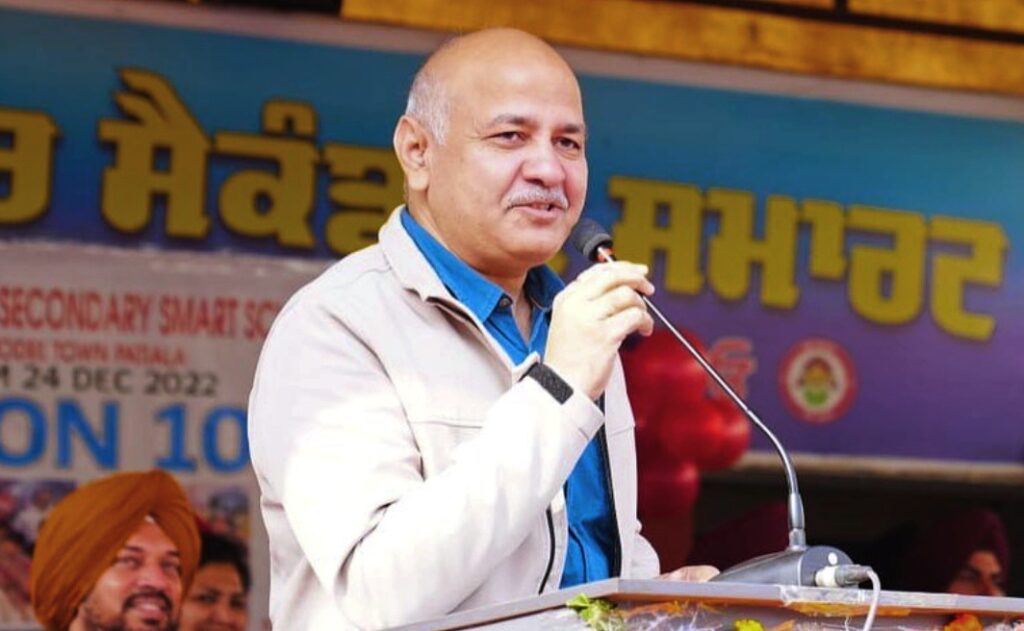
The former Delhi Deputy Chief Minister was granted bail by a bench consisting of Justices B.R. Gavai and K.V. Viswanathan in relation to cases brought by the Enforcement Directorate (ED) and the Central Bureau of Investigation (CBI).
“The appeal is accepted,” the court ruled. The ruling of the Delhi High Court is overturned. In the ED and CBI cases, he gets given bail.
Manish Sisodia must post a bail bond in the amount of 2 lakh. As part of the bond requirements, he also has to turn in his passport and show up at the police station on a regular basis, per the court’s orders.
The court granted the petition, pointing out that Manish Sisodia’s right to a timely trial—a basic component of liberty guaranteed by Article 21 of the Constitution—was infringed by the protracted trial delay.
The bench declared: “It is a sacred right that Sisodia has been denied a prompt trial. We examined this issue in the recent case of Javed Ghulam Nabi Sheikh and concluded that bail cannot be refused on the grounds that the offense is serious if the court, state, or agency is unable to defend the right to a prompt trial. Article 21 is applicable irrespective of the type of offense committed.
It further stated that keeping him in jail in order to finish the trial would be against Article 21 and that there is no chance of the trial being finished in a reasonable amount of time.
The judge stated, “Sisodia has deep roots in society and is unlikely to flee or evade trial,” in addition to granting bail. The case mostly depends on documents that have already been confiscated, therefore there is no possibility of evidence tampering.”
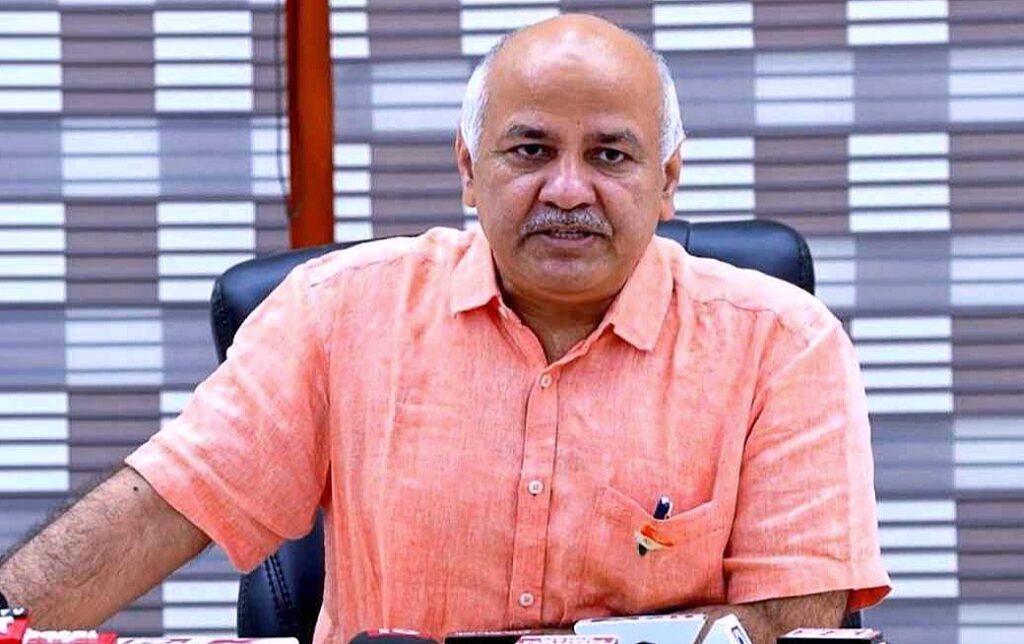
The bench further declared that since the current bail petition is predicated on the trial’s delay, it is not subject to the triple test under the Prevention of Money Laundering Act (PMLA) for granting release to an accused person.
“We have reviewed rulings allowing the state to provide bail in cases involving extended incarceration. The court declared that the triple test was not applicable in this particular situation.
The ED’s claim that multiple applications Manish Sisodia submitted before the trial court caused the trial’s delay was also rejected by the court.
“The ED’s Assistant Director reviewed the compliance report and found that creating a copy of the clone of unverified data would require 70 to 80 days. Manish Sisodia only submitted 13 petitions in the CBI case and 14 in the ED case, despite the fact that some accused filed multiple applications. The Supreme Court declared that all of the applications were approved by the trial court.
Nonetheless, the trial court concluded that Sisodia’s applications were the reason for the trial’s postponement.
However, the Supreme Court determined that the lower court’s judgment was flawed.
“We asked the Additional Solicitor General to show any application deemed frivolous by the trial court, but he could not provide any,” the supreme court declared. Therefore, the trial court’s finding that Sisodia postponed the hearing is erroneous and is overturned.”
The court further declared that it would not return Manish Sisodia to the trial court or the High Court to seek bail, since Sisodia was granted permission by the highest court to petition it after the chargesheet was submitted and his prior bail application was denied.
“The June 4 order was taken into consideration at first. We discovered that seven months had gone by since this court’s initial order when Sisodia reached us. The Supreme Court did, however, state that the chargesheet will be submitted and the hearing would start. The petition could be brought back at any time after the chargesheet was submitted. In its order, the court stated that it would be “like playing a game of snakes and ladders” to send Manish Sisodia back to the trial court and then to the High Court.
Sending him back to the trial court would be a mockery of justice, the Supreme Court made clear.
“Procedures cannot be made the mistress of justice,” the court ruled. We believe that the right to resurrect the petition following the filing of the chargesheet is what is meant to be understood by the reserved liberty. Thus, we reject the preliminary objection and do not take it into consideration.”
On August 6, the Supreme Court had stated that it would postpone its decision regarding the bail request pertaining to the Delhi Excise Policy for 2021–2022.
Detained since February 26, 2023 is Sisodia.
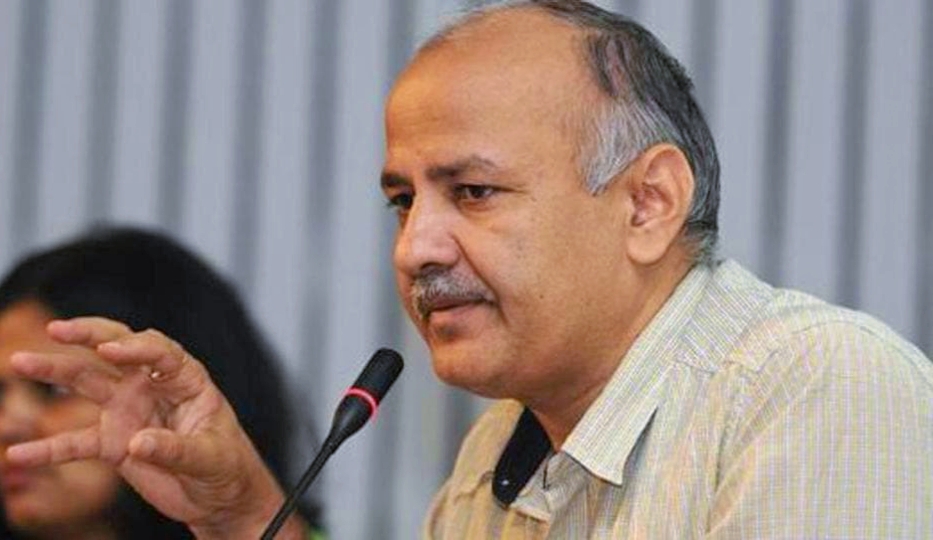
The lawsuit claims that in exchange for bribery purportedly utilized for the AAP’s Goa election campaign, Delhi government officials changed the excise policy to favor specific booze dealers.
In this case, Sisodia had made multiple bail requests, but all had been denied.
His initial set of bail requests was denied in 2023, even by the Supreme Court. The Supreme Court had stated at the time that if the trial moved slowly, Sisodia could request bail once more.
He then submitted the second batch of bail requests, all of which were denied.
He then filed this third bail application after the chargesheet was filed.
The trial court’s April 30 judgment to deny Sisodia’s 2024 bail request in the ED and CBI cases was upheld by the Delhi High Court in May.
This resulted in the Supreme Court hearing an appeal.
Abhishek Manu Singhvi, Sisodia’s attorney, maintained that there was no proof against Manish Sisodia during the Supreme Court hearing.
He declared: “Manish Sisodia’s participation in any WhatsApp conversations is unspecified. There is no proof that Sisodia was involved in any WhatsApp conversations or that hawala operators were connected to him.”
Singhvi further emphasized that, in the event of a conviction, Manish Sisodia had already completed nearly half of his sentence.
Singhvi maintained, “Sisodia has already completed half of the required term, and this time of incarceration appears to have no end in sight. I do not want bail by default. This case concerns the trial’s outcome rather than its beginning. Its start date was originally specified, however that time has since elapsed.”
Additionally, he disproved the ED’s claim that Manish Sisodia had postponed the trial by submitting many applications to the trial court.
“The trial court granted all of Sisodia’s applications without opposition, and there was never a delay. Singhvi stated, “The question is not whether the accused submitted one application after another, but rather whether or not he impeded the trial.
The ED countered that Sisodia’s repeated requests for the trial court to provide different papers were the reason behind the trial’s postponement.
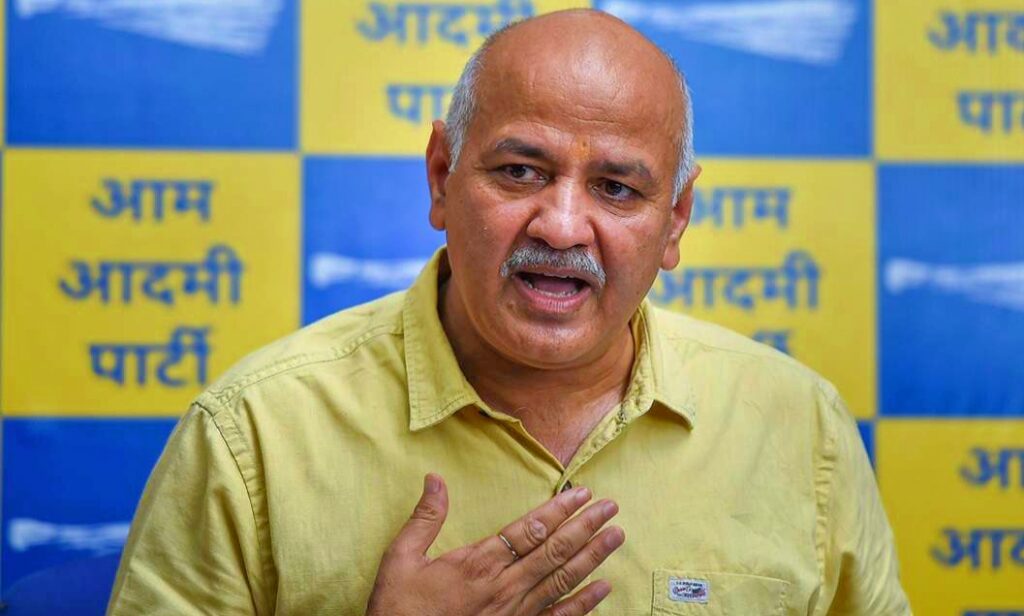
“Only because of these applications, our trial would have begun, even though these documents were unnecessary. They alone, not the agency, are to blame for the delay. They do not want the trial to continue on the basis of merits, and a rapid trial cannot be boiled down to a formula that applies to every case. Thus, they decided that delaying it would be preferable.
The ED’s Additional Solicitor General S.V. Raju further contended that Manish Sisodia would tamper with evidence and influence witnesses if he were freed.
“There are certain important witnesses who could be influenced and tampered with,” he stated. It is feasible to sway these observers.”
Manish Sisodia was represented before the Supreme Court by senior lawyers Abhishek Manu Singhvi and Vikram Chaudhary, as well as advocates Vivek Jain, Mohammad Irshad, Amit Bhandari, Karan Sharma, Rajat Jain, Sadiq Noor, Mohit Siwach, and Shailesh Chauhan.
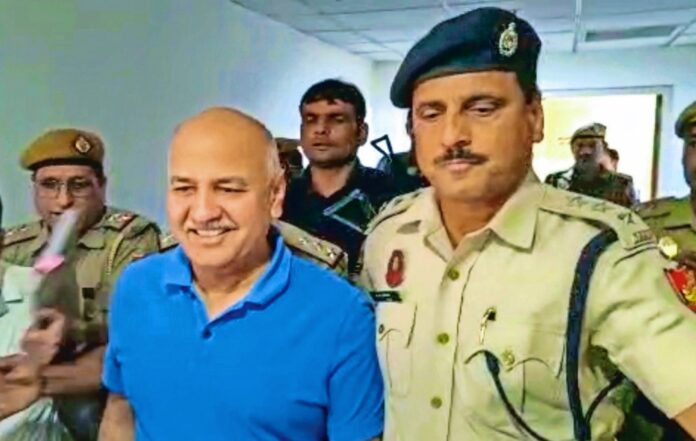



Thanks for sharing. I read many of your blog posts, cool, your blog is very good.